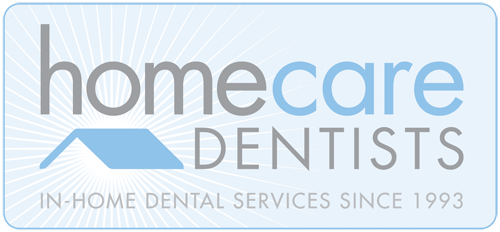Do your residents understand why their mouth is so dry?
Xerostomia can cause difficulty in speech and eating. It also leads to halitosis (bad breath) and a dramatic rise in the number of cavities, as the protective effect of saliva is no longer present, and can make the mucosal tissue of the mouth more vulnerable to infection (such as thrush). Denture use becomes more difficult and can be more uncomfortable. It may be a sign of an underlying disease, such as Sjögren’s syndrome, Rheumatoid arthritis, or poorly controlled diabetes, but this is not always so. Patients who have endured chemotherapy usually suffer from this post- treatment as do patients with Alzheimer’s disease. Other causes of insufficient saliva include side effects of alcohol or drugs (over 400 medications such as those for depression, anxiety, Parkinson’s and high blood pressure), trauma to the salivary glands or their ducts or nerves, dehydration, excessive mouth breathing, previous radiation therapy, smoking, and also as a natural result of aging. Treatment involves finding any correctable causes and fixing those if possible. A change in medication dosage or type can help (only after consulting with a physician). In many cases it is not possible to correct the xerostomia itself, and treatment focuses on relieving the symptoms and preventing cavities. Patients with xerostomia should avoid the use of decongestants and antihistamines, and pay careful attention to oral hygiene. Sipping sugarless fluids frequently, chewing xylitol-containing gum, and using a saliva substitute as a mouthwash may help. More frequent professional cleanings and professionally applied fluoride treatments will also help decrease the negative effects of xerostomia.
